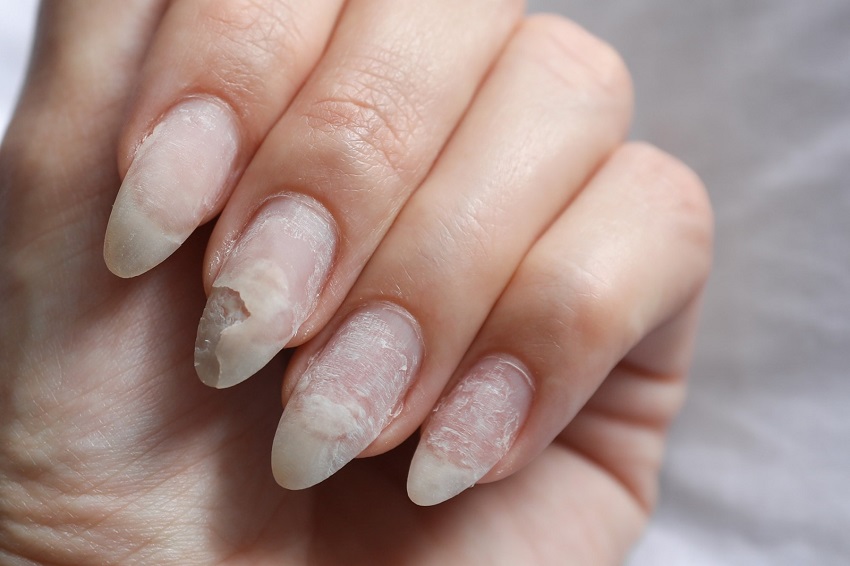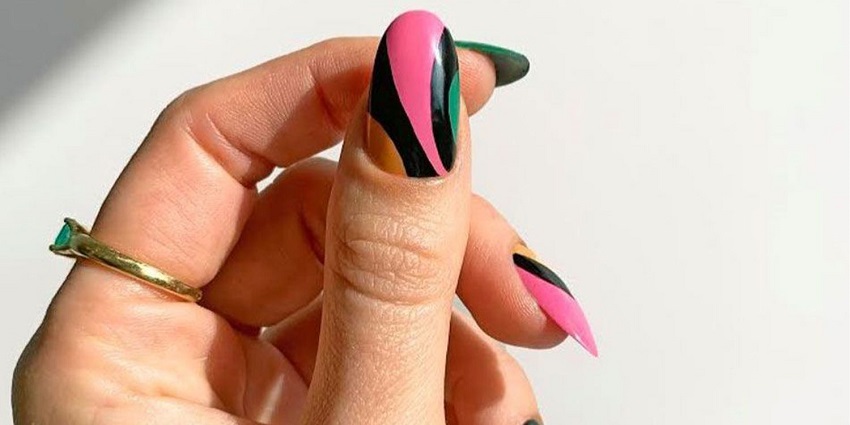
17 Jul Why Do Nails Get Damaged?
Imagine a world without nails. We use them every day for various purposes, from hammering a nail into the wall to creating beautiful nail art. However, have you ever wondered why our nails sometimes get damaged? In this article, we will explore the common causes of nail damage and provide you with valuable tips on how to keep your nails healthy and strong. This content is presented by https://www.heartandstylewoman.com/
Understanding Nail Health
Our nails play a crucial role in protecting the sensitive fingertips and enhancing our grip. They consist of layers of a protein called keratin, which gives them their strength and resilience. However, nails are not indestructible and can be susceptible to damage due to various reasons.
Insufficient Nutrition and Hydration
Just like our bodies, our nails require proper nutrition and hydration to stay healthy. A deficiency in essential vitamins and minerals can lead to weak and brittle nails. Iron, biotin, zinc, and vitamins A, C, and E are particularly important for maintaining nail health. If you want to repair damaged nails, make sure to include these nutrients in your diet. Additionally, dehydration can cause nails to become dry and more prone to breakage.
Trauma and Physical Stress
Nails can be subjected to trauma and physical stress, leading to damage. Activities such as excessive typing, playing musical instruments, or engaging in sports can put pressure on the nails, causing them to weaken or crack. Trauma, such as forcefully hitting your nail against a hard surface, can result in painful nail injuries or even loss of the nail.
Improper Nail Care Practices
Improper nail care practices can contribute to nail damage. Using harsh chemicals, such as acetone-based nail polish removers, can strip away the natural oils from your nails, leaving them dry and brittle. Frequent and aggressive filing or buffing of nails can also weaken them over time. Additionally, biting nails or picking at cuticles can introduce infections and compromise nail health.
Environmental Factors
External factors can have a significant impact on the condition of your nails. Exposure to excessive moisture or harsh chemicals without proper protection, such as wearing gloves, can weaken the nails and make them more susceptible to damage. Similarly, cold and dry environments can lead to nail dehydration and increased fragility.
Underlying Health Conditions
Certain underlying health conditions can manifest in nail abnormalities. Conditions like psoriasis, eczema, thyroid disorders, and fungal infections can cause changes in the appearance and texture of nails. If you notice persistent changes in your nails, it is essential to consult a healthcare professional for an accurate diagnosis and appropriate treatment.
Lifestyle Habits
Our lifestyle choices can also affect our nail health. Smoking, for instance, can lead to yellowing and staining of the nails. Additionally, habitual nail biting or picking can weaken the nails and make them more prone to damage.
Lack of Nail Maintenance
Regular nail maintenance is vital to prevent damage. Neglecting your nails, such as failing to trim them regularly or ignoring signs of infection, can lead to long-term damage. Maintaining proper nail hygiene and adopting healthy nail care routines can go a long way in preserving their health and strength.
Lack of Protective Measures
Engaging in activities that expose your nails to potential harm without protective measures can increase the risk of damage. Wearing gloves while doing household chores, using tools, or working in a labor-intensive environment can help safeguard your nails from trauma and chemical exposure.
Nail Art and Gel Polish
While nail art and gel polish can be a fun way to express your style, improper application and removal can harm your nails. Excessive filing and buffing, as well as using low-quality products, can weaken the nail structure. It’s essential to visit a reputable salon and ensure proper techniques are employed to minimize the risk of damage.
Lack of Moisturization
Moisturizing your nails and cuticles is essential to maintain their flexibility and prevent dryness. Applying a nourishing cuticle oil or a moisturizing hand cream regularly can help keep your nails hydrated and resilient.
Conclusion
Our nails endure daily wear and tear, making them susceptible to damage. By understanding the common causes of nail damage and adopting healthy nail care practices, we can promote strong and healthy nails. Remember to provide your nails with proper nutrition, protect them from trauma, practice good nail hygiene, and moisturize regularly. With these simple steps, you can maintain beautiful and resilient nails.
FAQs (Frequently Asked Questions)
- How long does it take for damaged nails to heal?
The healing time for damaged nails can vary depending on the severity of the damage. Minor issues, such as small cracks or chips, may resolve within a few weeks. However, more significant damage or nail injuries may require several months for complete healing.
- Can nail damage be prevented?
While it may not be possible to prevent all types of nail damage, adopting good nail care practices and protective measures can significantly reduce the risk. Paying attention to nutrition, avoiding harsh chemicals, protecting nails during activities, and moisturizing regularly can help maintain healthy nails.
- Are there any natural remedies for strengthening nails?
Several natural remedies may help strengthen nails. Some options include regularly applying a mixture of olive oil and lemon juice, using a nail-strengthening base coat, or taking supplements containing biotin, silica, or collagen. However, it’s always advisable to consult a healthcare professional before trying any new remedies.
- Can underlying health conditions affect nail health?
Yes, underlying health conditions can affect the health of your nails. Certain conditions like psoriasis, thyroid disorders, and fungal infections can cause nail abnormalities. If you notice persistent changes in your nails, it’s important to seek medical advice for a proper diagnosis and appropriate treatment.
- How often should I trim my nails?
Regular nail trimming is important to maintain their health. Trimming your nails every 1-2 weeks is generally recommended. However, the frequency may vary depending on the growth rate of your nails and your personal preferences.

No Comments